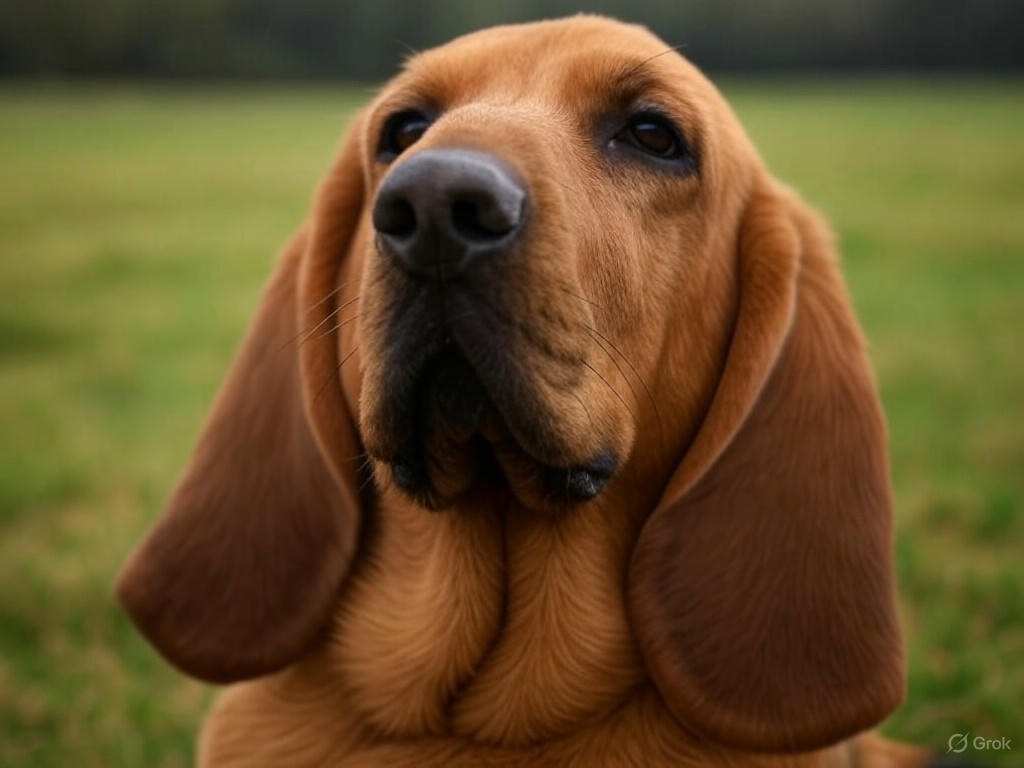Sniffing Out the Champion: Which Animal Reigns Supreme in Smell?
The animal kingdom is a treasure trove of extraordinary abilities, and among the most fascinating is the sense of smell. From tracking prey across vast landscapes to detecting danger in the air, olfactory prowess is a survival tool like no other. But which creature truly holds the crown for the best nose in nature? Scientists have long debated this question, and while there’s no definitive champion, several contenders stand out for their remarkable sniffing skills.
Take the African elephant, for instance. With over 2,000 olfactory receptor genes—more than any other known species—these gentle giants can detect water sources from miles away. Their trunks act as both a powerful nose and a versatile tool, sniffing out everything from food to family members. Researchers have observed elephants using their sense of smell to navigate complex social interactions, identifying individuals through subtle chemical cues in the environment. It’s a skill that underscores just how vital scent is to their daily lives, especially in the vast savannas where visual cues might be limited.
Then there’s the bloodhound, a domesticated marvel often hailed as the ultimate tracker. With a nose up to 1,000 times more sensitive than a human’s, bloodhounds can follow a scent trail that’s days old, even through challenging terrain. Their wrinkled skin and long ears help trap and funnel odors toward their nostrils, making them invaluable in search-and-rescue missions. Scientists estimate that a bloodhound’s olfactory system can distinguish billions of unique smells, a feat that seems almost superhuman. It’s no wonder they’ve earned a reputation as nature’s detectives.
Not to be outdone, the bear—particularly the grizzly—boasts a sense of smell that can pick up food from up to 20 miles away. This incredible range helps them locate carrion, berries, or even hidden prey under snow. Bears rely on their noses to survive harsh winters, often sniffing out sustenance when other senses fall short. Their olfactory bulbs, the brain regions responsible for processing smells, are significantly larger than those of many other mammals, hinting at the evolutionary importance of this skill.
Yet, the competition doesn’t end on land. Sharks, often misunderstood as mere predators of the deep, can detect a single drop of blood in millions of gallons of water. This aquatic sniffing ability, facilitated by specialized nasal cavities, allows them to zero in on injured prey from great distances. It’s a chilling reminder of how smell operates as a universal language of survival, transcending environments.
As research continues, scientists are uncovering more about how smell shapes animal behavior and evolution. While the African elephant, bloodhound, grizzly bear, and shark each make a strong case for the title of best smeller, the jury is still out. Perhaps the real takeaway is not who wins, but how this extraordinary sense connects every corner of the natural world. Until a clear victor emerges, the mystery of nature’s ultimate nose remains one of science’s most intriguing puzzles.


